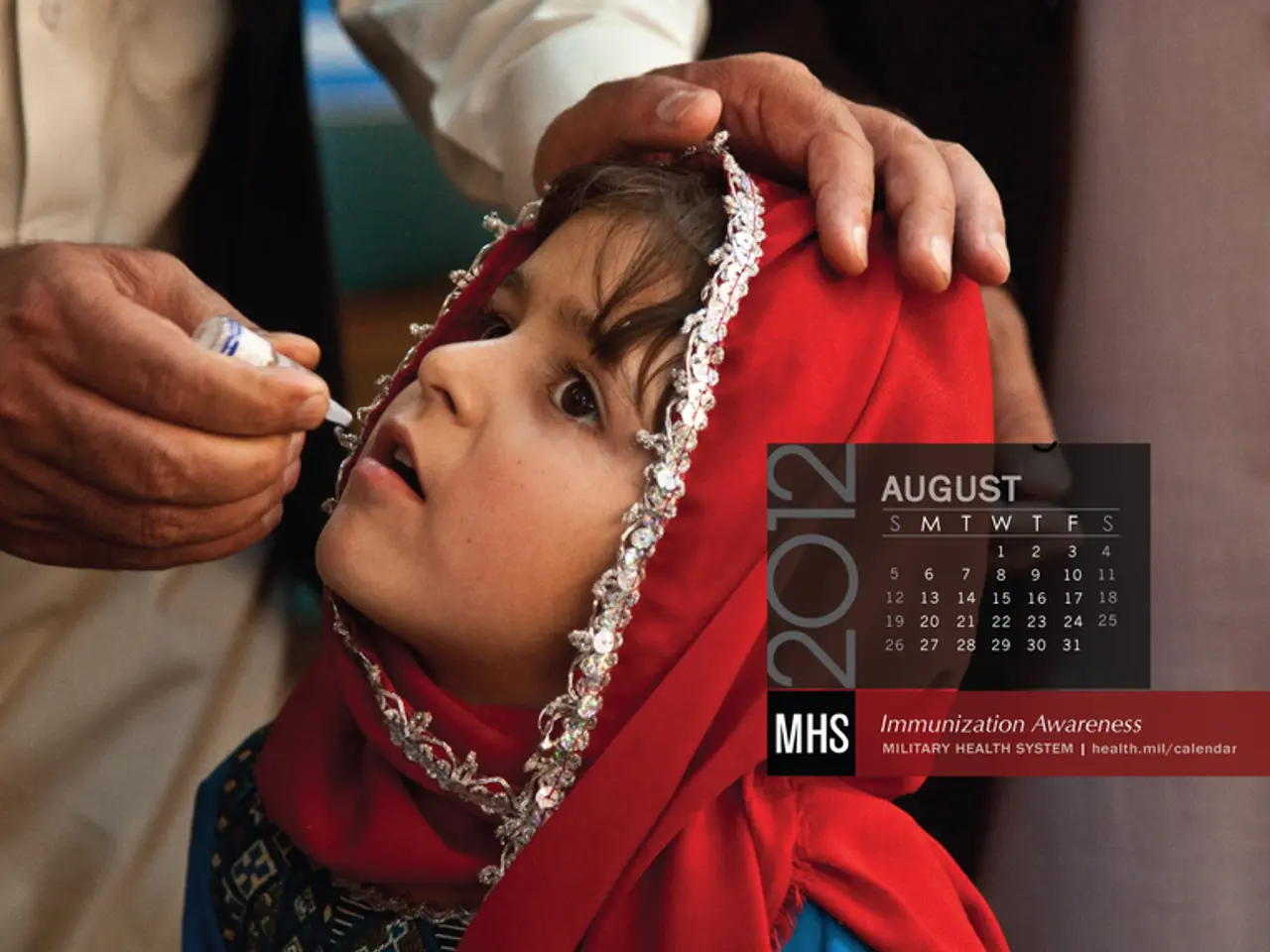Predicting Immunotherapy Success: Researchers Discover Methods for Anticipating treatment results
Every year, scientists work tirelessly to develop innovative treatment options for the devastating disease known as cancer. One of the latest advancements in cancer therapy is the utilization of immunotherapy.
While immunotherapy offers hope for many, it is not universally effective against all types of cancer or for every individual. Researchers at Johns Hopkins University are shedding light on the mystery surrounding immunotherapy's effectiveness by identifying a specific subset of mutations found in cancer tumors that can help predict a tumor's receptiveness to treatment.
These unique mutations, termed "persistent mutations," allow the cancer cells to maintain their visibility to the immune system. The presence of persistent mutations suggests a better response to immunotherapy, potentially leading to sustained immunologic control of the tumor and improved patient survival over time.
Dr. Valsamo Anagnostou, a senior author of the study and an associate professor of oncology at Johns Hopkins, explains that "persistent mutations are always there in cancer cells and these mutations may render the cancer cells continuously visible to the immune system, thus eliciting an immune response."
Traditionally, the total number of mutations in a tumor – called the tumor mutation burden (TMB) – has been used to estimate a tumor's response to immunotherapy. However, researchers believe that the "persistent mutation load" can be more effective in identifying cancer patients who will benefit from immunotherapy.
Dr. Kim Margolin, a medical oncologist, applauds the study for delving deeper into the concept of tumor mutation burden, persisting mutations, and their impact on immunotherapy. She believes that in the near future, high-throughput sequencing techniques will enable doctors to categorize patients by their likelihood of response to immunotherapy, potentially revolutionizing the way cancer treatments are selected.
The findings of this study were recently published in the journal Nature Medicine.
As ongoing research continues to unravel the intricacies of cancer and its treatment, the promise of immunotherapy remains a beacon of hope for patients battling the disease. By understanding the critical factors that influence a tumor's response to immunotherapy, such as persistent mutations, we can move one step closer to personalized and effective treatment approaches for cancer patients.
- The scientists at Johns Hopkins University are studying persistent mutations in cancer cells, which make the tumors more receptive to immunotherapy, potentially leading to better treatment outcomes and improved patient survival.
- research indicates that the 'persistent mutation load' could be more effective than the traditional tumor mutation burden (TMB) in identifying cancer patients who will respond well to immunotherapy.
- With advancements in high-throughput sequencing techniques, doctors may soon be able to categorize patients based on their likelihood of responding to immunotherapy, potentially revolutionizing personalized cancer treatment approaches.




